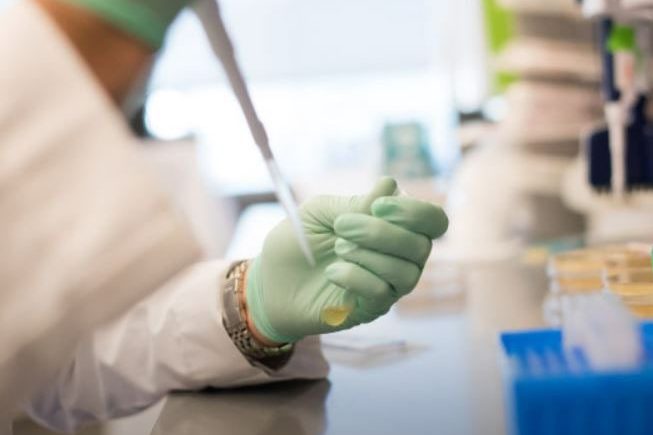Researchers at University of Utah Health have identified a protein, ADP-ribosylation factor 6 (ARF6), which is crucial for the development of diabetic retinopathy. Published in The Journal of Clinical Investigation, they identified a compound, NAV-2729, which inhibits or blocks ARF6, reducing the chances of development of diabetic retinopathy.
Retina Global is a US based 501(c)(3) nonprofit that is focused on finding sustainable solutions to the ever-increasing issues with retinal diseases in underserved areas around the world.
Tuesday, October 24, 2017
Friday, October 20, 2017
Genetic testing as basis for screening of children at elevated risk for Retinoblastoma
Children who are at risk of developing retinoblastoma should receive genetic counseling and testing as soon as possible to clarify risk for the disease, as per the panel of leading ophthalmologists, pathologists and geneticists, who developed the first U.S. guidelines on how to screen for the most common eye tumor affecting children. The goal of these guidelines is to ensure that the ocular cancer is detected at the earliest, giving a chance to the ophthalmologists who deal with these patients the best chance to save lives and vision in these children.
Eyes in people with dyslexia may have symmetrical eyes
The eyes of people who read with ease have asymmetrical retinas and also transmit visual information to the brain asymmetrically, according to a report in Proceedings of the Royal Society B. The eyes of people with dyslexia, on the other hand, appear to be physically and functionally symmetrical.
Monday, October 9, 2017
FDA to soon decide approval for Spark Therapeutics' gene therapy for Leber Congenital Amaurosis
In the next few days, FDA panel will consider whether to advice approval for gene therapy for Leber's Congenital Amaurosis (LCA), which has been extensively tested in clinical trials by Spark Therapeutics.
Gene therapy shows promise for reversing blindness
In a laboratory study in Oxford, researchers have shown how it might be possible to reverse blindness using gene therapy to reprogram cells at the back of the eye to become light sensitive.
Subscribe to:
Posts (Atom)



